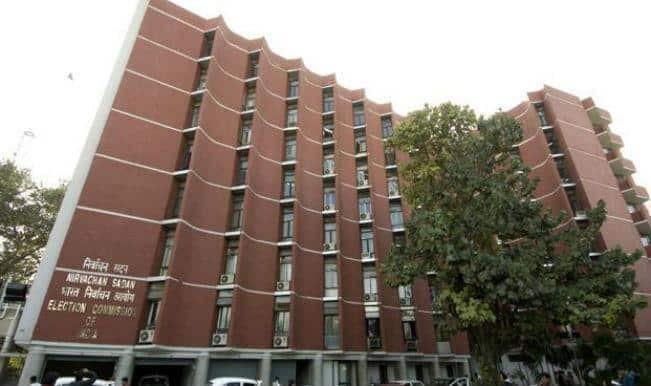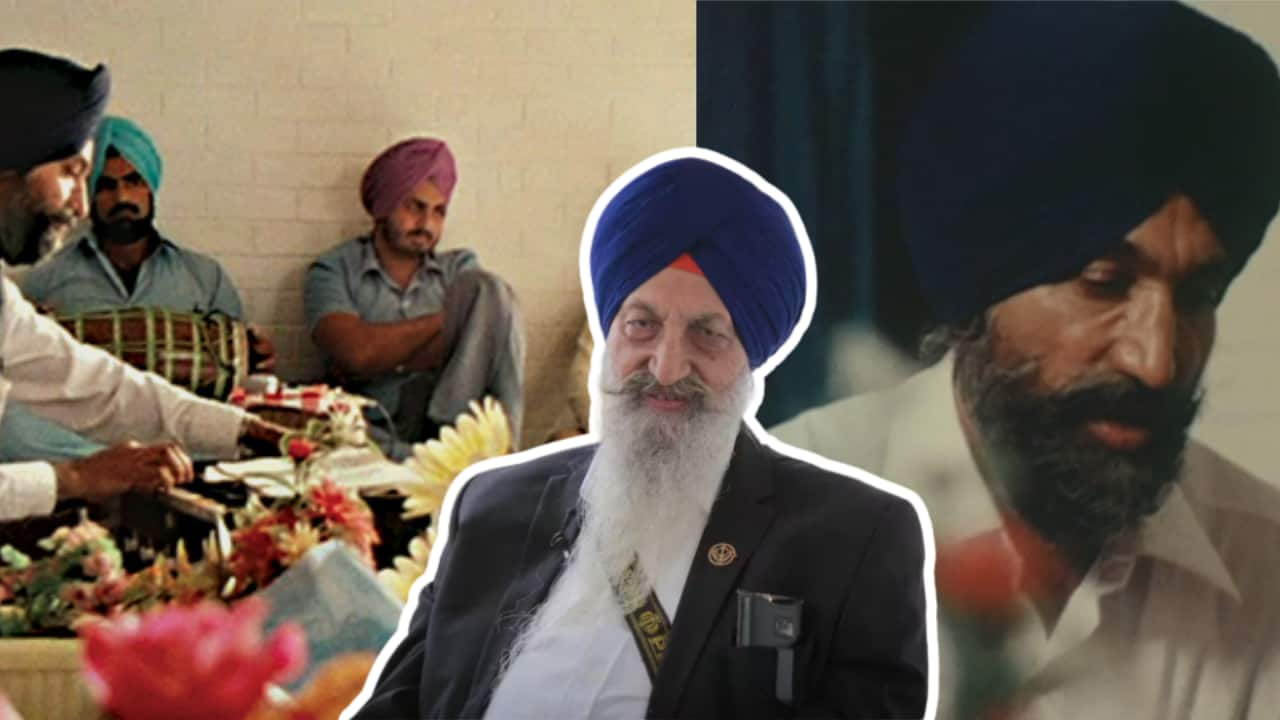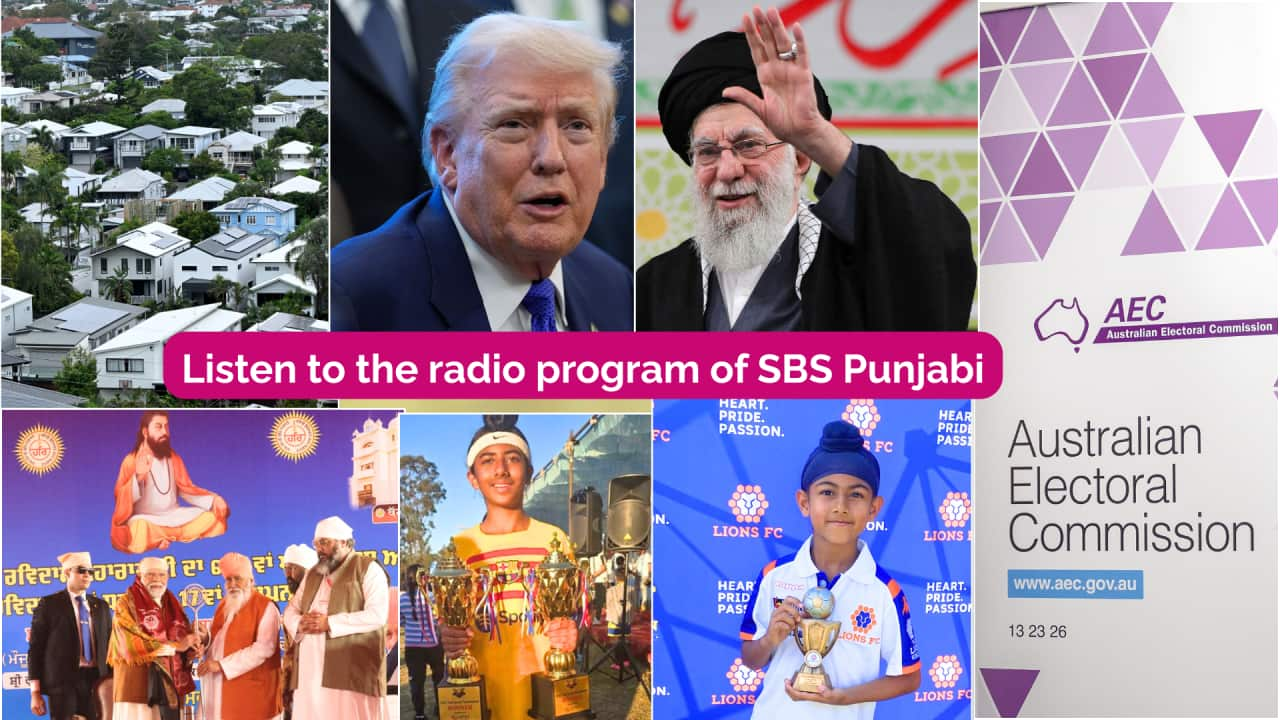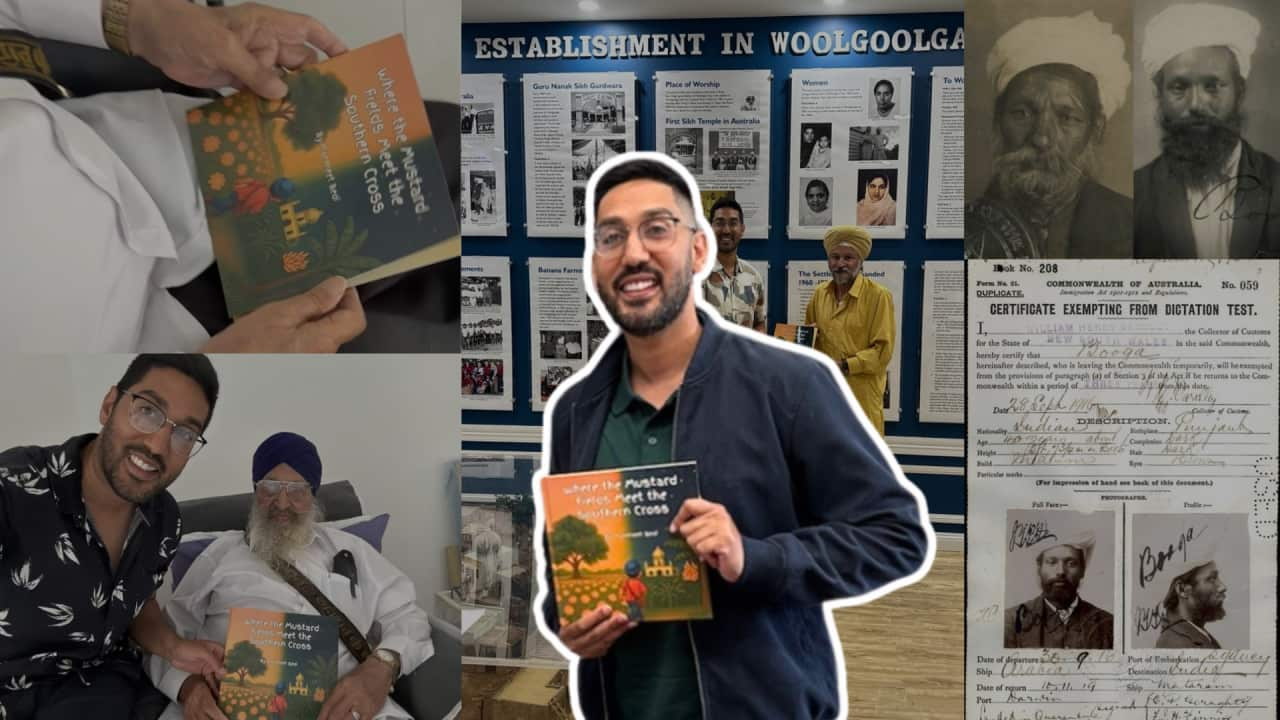The Election Commission of India announced election dates for five states namely Uttar Pradesh, Uttarkhand, Goa, Manipur and Punjab. The elections in Punjab will be held on the 4th of February 2017 and the results will be announced on the 11th of March.
As soon as the election dates are announced by the electoral commission, the Model of Code of Conduct gets implemented on all political parties and candidates involved in the election campaign in the concerned areas.
According to Indian Electoral Commission, some code of conduct applies to all political parties and its candidates during an election campaign. The model Code of Conduct is explained in detail on the Electoral Commission’s website. There are around seven different classifications within which there are approximately forty eight different guidelines, e.g.; no political party or candidate should provoke feelings of religion, language or caste. There are different laws regarding election rallies as well which pertain to holding rallies in a public place, placing flags and other advertising material or taking permission from the local administration for the use of loud speakers. Written permission is also needed to take permission for road shows and approval of the route.

Parties that are in power are also strictly instructed not to use government machinery of any kind of party campaign.
There is Code of Conduct implemented on the election manifesto as well.
But in this age of advanced technology, how is the Code of Conduct implemented safely? Are there any changes that have taken place in the Model of Code of Conduct? SBS Punjabi talked to the Chief Electoral Officer of Punjab, Mr VK Singh.
According to Mr Singh, the Model of the Code of Conduct for elections is the same, but the method in which it’s implemented is quite different now. In the age of social media, the information is readily available and communication is fact. Therefore, the implementing machinery takes utmost care in implementing the code of conduct as its aware that even a minor mistake will be picked up on social media and will be forever recorded in history.
If there is a violation of the code or there is a complaint, what’s the right way to convey it to the electoral commission?
Mr Singh said there are a few options available to people:
- Anyone with a complaint can write to the local officer like the SDM or directly to the electoral office.
- They can write an email. Email addresses are publically available on websites everywhere.
- There is a 24/7 call center that people can call to report anything related to election campaign. Their complaint is recorded and people are given a receipt number that they can use to follow up on the complaint later. This facility is available all over Punjab. The call center number is 1950.
- There is also an online system called Samadhan on the Chief Electoral officer, Punjab’s website where photos, audio and video clips can be uploaded.
So what about the social media pages of political parties or candidates? Do they come under the model of code of conduct?
The authorized pages of political parties and candidates come under the Model of Code of Conduct and the election commission can take action against them. They have instructions from the election commission office that the content on their page has to be of a certain standard and certified from the commission. The rest of the personal pages of people cannot be monitored by the office.
Can NRIs exercise their right to vote?
Indian citizens overseas can exercise their right to vote by all means but at this time, there is no provision of postal vote provided to NRIs which means that anyone overseas who wants to vote, need to travel back to India to cast the vote.




